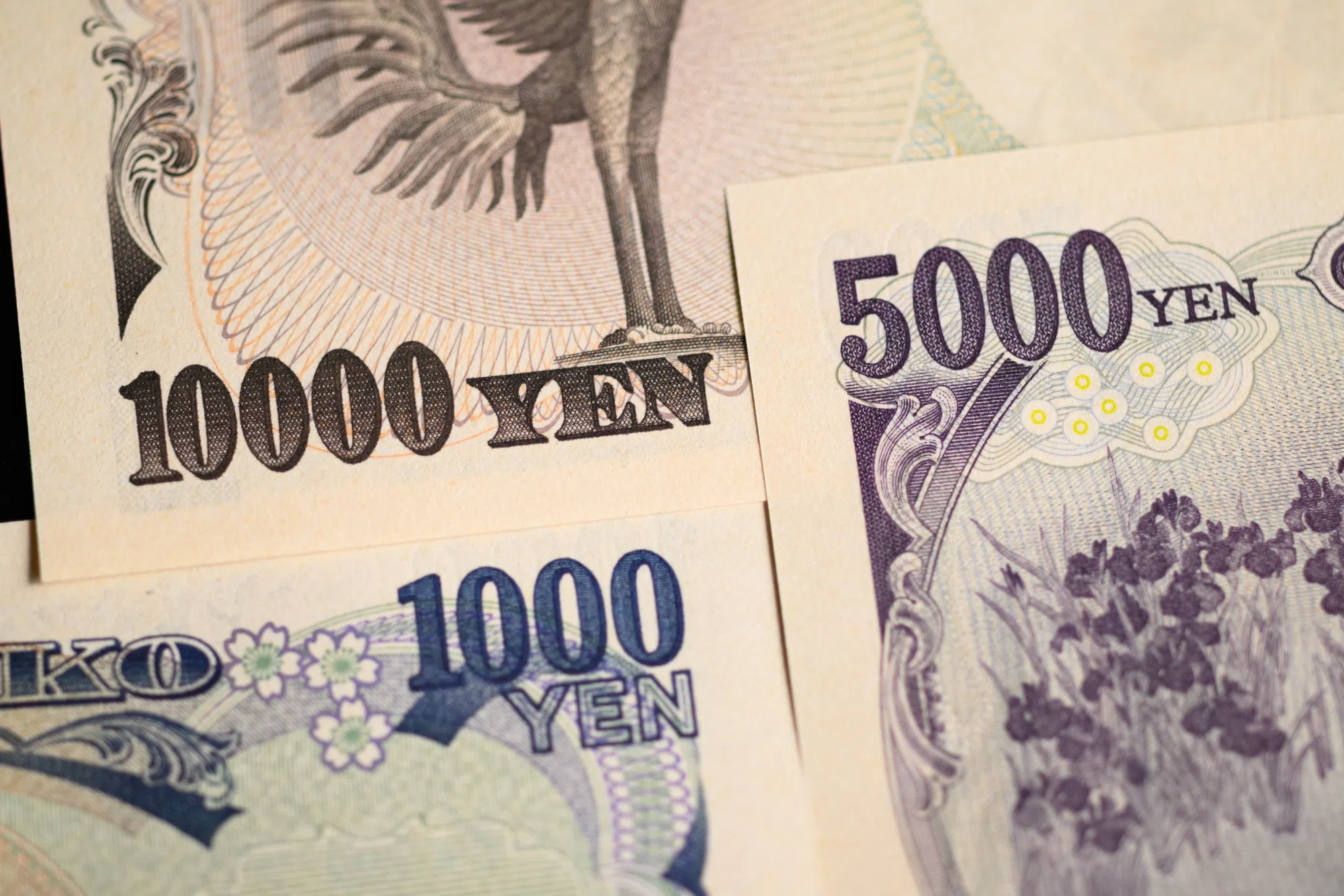AS THE yen plumbs new lows, some investors are pondering an almost unthinkable scenario in a region busy bolstering falling exchange rates – a series of competitive devaluations that starts a new Asian currency war.
Suspected intervention to drag the yen off a 34-year low against the US dollar is already seen as unlikely to have a lasting effect if Japan continues alone, raising the prospect of another bout of weakness in the beleaguered currency. That could push competitive tensions with exporting neighbours South Korea and Taiwan to a peak – and heap pressure on China where chatter is already growing about the potential for a yuan devaluation.
A destabilising slump in the yen could be the trigger that forces Japan’s neighbours to take extreme action, goes the theory, even if their efforts to date have been to prop up currencies instead of capitulating and letting them slide. While a minority view and not one that suggests a repeat of the Asian financial crisis, it’s still gaining some traction in a scenario where a resurgent US dollar stays stronger for longer.
“We haven’t heard this word competitive devaluation for a long time,” said Henry Quek, head of global markets, Asia-Pacific at State Street. But “we are in a situation where there is a potential for a series of competitive devaluations if the yen continues to weaken much, much further.”
While Asian central banks have been actively supporting their currencies against the US dollar, the fall in the yen has been the worst in the region, eroding the export competitiveness of Japan’s close neighbours. That’s bound to grate even if the reasons for the yen’s decline are not exclusively in Tokyo’s control – the wide gulf in interest rates between Japan and the rest of the world and an investor preference for US assets.
The yen fell to its lowest since 1992 against the yuan – the currency of Japan’s biggest trading partner – in late April. It’s near the weakest versus the won since 2008 and at a 31-year low against the Taiwan dollar.
GET BT IN YOUR INBOX DAILY
Start and end each day with the latest news stories and analyses delivered straight to your inbox.
“It is happening,” said Kisoo Park, a senior portfolio manager at Manulife Investment Management, when asked about competitive devaluation. “Whether it’s intentional or unintentional devaluation it is happening and it is having an impact on the rest of the region.”
Gravitational pull
Despite not having as strong an influence as in the past, a disorderly slump in the yen can still have a gravitational pull on the region’s currencies, according to market watchers.
“Most directly, a materially weaker yen will pull along with it other Asia foreign exchange like the Korean won and Taiwan dollar,” said Arjun Vij, a portfolio manager at JPMorgan Asset Management.
For Khoon Goh, head of Asia research at ANZ Group Holdings, the won and Taiwanese dollar will likely struggle to benefit from the artificial intelligence investment boom in those countries until the yen turns the corner.
To be sure, there are signs that Japanese authorities may not allow the country’s currency to slump further. After falling below the psychological milestone of 160 per US dollar for the first time in over three decades last week, two rounds of suspected official intervention have helped it stabilise to around the 155 level.
And there’s little concern about a financial crisis in the region with most Asian countries better equipped to avoid a repeat of the turbulence in the late 1990s. There are stronger stockpiles of foreign reserves, reforms from tighter financial sector oversight and deeper local capital markets.
But for Manulife’s Park, a yen slump to the 170 to 180 per US dollar level would not only cause problems for Asia, but also impact emerging-market currencies more broadly. That’s in large part due to the yen’s role as a funding currency for carry traders, who borrow where rates are low and invest in developing nations where they are high.
“If Asian currencies devalue because of the strong dollar, the funds that invest in local markets will have to pull out,” he said. “The whole EM market will crash and that’s going to cause a risk-off event where Treasuries will rally and equities will sell-off.”
While such a scenario is a low-probability event, it can’t be ruled out, he added.
Wild card
A key wild card is what China will do with the yuan, which is at risk of being pulled down by the yen and destabilising the region. China’s managed currency is seen as an anchor for its peers, meaning even small moves can have an outsized impact.
There is already quiet yet mounting speculation that Beijing may need to take an extreme measure to support its moribund economy – devalue the yuan in a big-bang move.
“When you look at Asia as a whole and observe the extraordinary yen weakness we have seen, we start to get concerned about relative levels of competitiveness, particularly with China,” said John Woods, chief investment officer for Asia-Pacific at Lombard Odier Hong Kong. “So to me, that is a risk that I’m quite focused on in the Asia space right now.” BLOOMBERG






